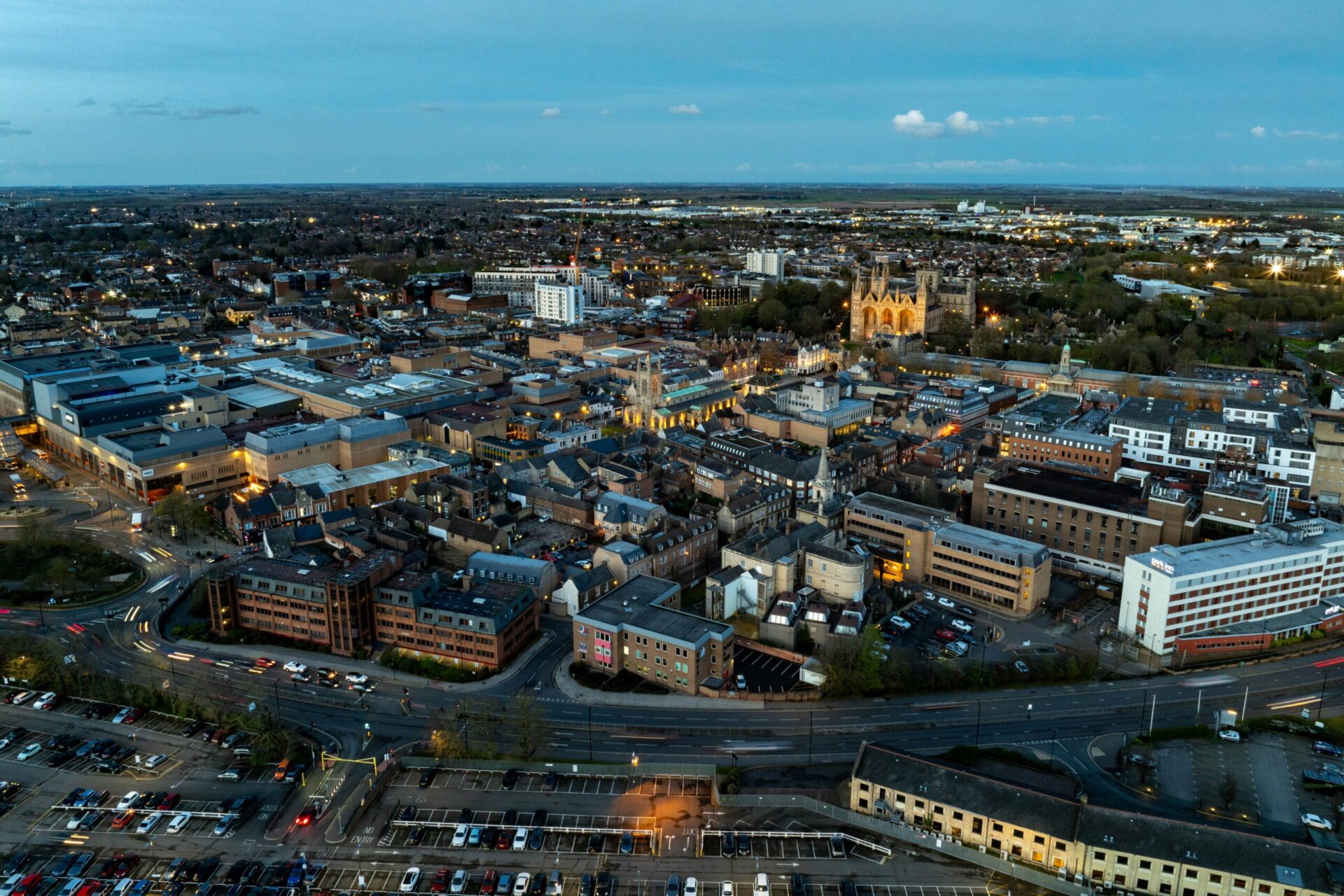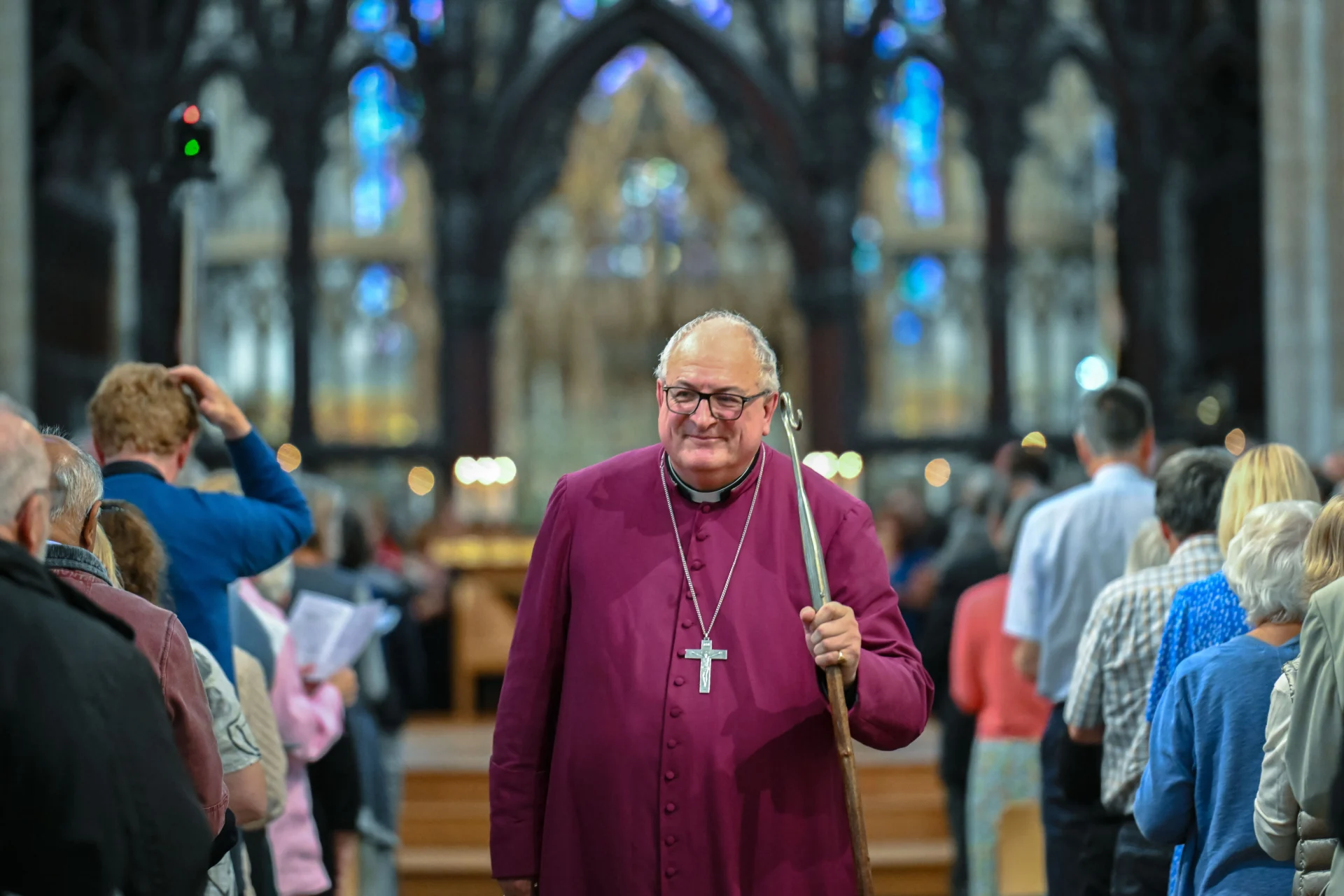Peterborough City Council will consider the introduction of a citywide Additional Licensing Scheme covering smaller Houses in Multiple Occupation (HMOs) with three to four tenants. The move, due for Cabinet discussion on 2 October 2025, follows a detailed public consultation and aims to raise housing standards, protect vulnerable residents, and ensure fairness across the city’s growing private rented sector.
If approved, the scheme would run for five years from January 2026 to January 2031, with a statutory three-month notice period before enforcement begins.
Why Additional Licensing?
Peterborough already operates mandatory HMO licensing for larger properties (five or more tenants) and a Selective Licensing Scheme in 10 wards, which began in March 2024 and has already licensed more than 7,000 homes. However, the council argues that smaller HMOs remain largely unregulated and often present serious issues such as poor maintenance, overcrowding, anti-social behaviour, and unsafe living conditions.
Under the new proposals, all HMOs with three or more unrelated tenants – as well as converted flats under Section 257 of the Housing Act – would need a licence. This would give the council wider powers to enforce minimum standards on space, amenities, fire safety, and tenancy management.
Key Aims of the Scheme
The Additional Licensing Scheme is designed to:
- Protect private rented tenants from poor housing and rogue landlords.
- Improve property conditions and ensure landlords are “fit and proper.”
- Reduce anti-social behaviour linked to poorly managed HMOs.
- Support sustainable, affordable tenancies.
- Encourage professional landlord practices through training and accountability.
- Align with wider city priorities such as reducing homelessness and improving health outcomes.
The licensing system will be digital by default, building on the success of the Selective Licensing system managed by The Home Safe Scheme Ltd. Free guidance and training will be offered to landlords, agents, and tenants to make the process clear and transparent.
Consultation Results
The council held a 10-week consultation between May and July 2025, receiving 77 survey responses plus feedback from organisations such as the National Residential Landlords Association (NRLA).
- Tenants and residents strongly supported the scheme, with 74% saying HMO landlords often had a negative impact on their local area and 65% agreeing additional licensing should be introduced.
- Landlord views were mixed: 23% supported additional licensing locally, while nearly half acknowledged that stronger council control of HMO management was necessary.
- Concerns were raised about licence fees and the possibility of costs being passed on to tenants through higher rents.
Despite these concerns, the consultation concluded that a citywide scheme would best protect vulnerable tenants and deliver consistent standards.
Costs and Enforcement
The scheme must be cost neutral, with licence fees covering administration and enforcement only. The proposed licence fee is £1,100, split into two parts:
- £588 (Part A): Application processing and validation.
- £512 (Part B): Inspections and enforcement.
The council estimates 2,500 applications during the five-year scheme, generating £2.75 million to fund inspections, compliance checks, and enforcement action.
Non-compliant landlords could face civil penalties of up to £30,000 or prosecution. Updated licence conditions for both small (3–4 bed) and large (5+ bed) HMOs will be enforced to ensure consistency across the city.
Wider Benefits
The scheme supports several of the council’s corporate priorities:
- Economy and Growth: Increasing the supply of affordable, good-quality rental homes to support the city’s workforce.
- Health and Wellbeing: Tackling the negative health impacts of poor housing, such as respiratory illness and stress.
- Community Safety: Reducing anti-social behaviour linked to overcrowded and poorly managed homes.
- Fairness: Ensuring young people, care leavers, students, and low-income households have access to safe accommodation.
Although the scheme could slightly increase inspection-related travel, no significant climate or ecological impacts are anticipated.
Equality Considerations
Research shows that young people, disabled people, women, BAME communities, and low-income households are more likely to live in private rented housing. The scheme is therefore expected to have a positive equality impact, improving living standards for groups that often face discrimination and poor housing conditions.
The council has also committed to monitoring the demographics of licensed properties to ensure the scheme continues to support fairness and equality.
Alternatives Considered
The council examined alternatives such as:
- Doing nothing: Considered unviable due to the scale of poor housing conditions.
- Using Housing Act powers only: Too slow and resource intensive.
- Voluntary accreditation schemes: Helpful for good landlords but ineffective at tackling rogue landlords.
- Smaller geographic schemes: Evidence shows problems exist across all wards, justifying a citywide approach.
The Cabinet report concludes that only a full citywide Additional Licensing Scheme will deliver the improvements needed.
Next Steps
If Cabinet approves the recommendations, the scheme will be designated to begin on 26 January 2026. Landlords will be required to apply f
or a licence, meet updated conditions, and ensure ongoing compliance.
Conclusion
Peterborough City Council’s proposed Additional Licensing Scheme represents a major step in regulating smaller HMOs citywide. Backed by tenant support and building on the success of existing licensing schemes, it aims to improve housing standards, protect vulnerable residents, and create safer, more sustainable communities across the city.
If approved, it will bring thousands more properties into regulation and send a clear message that substandard housing will not be tolerated in Peterborough



















